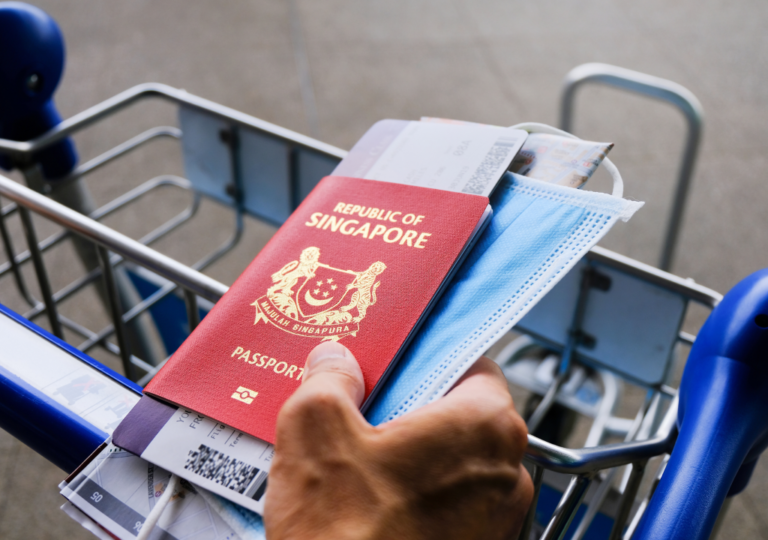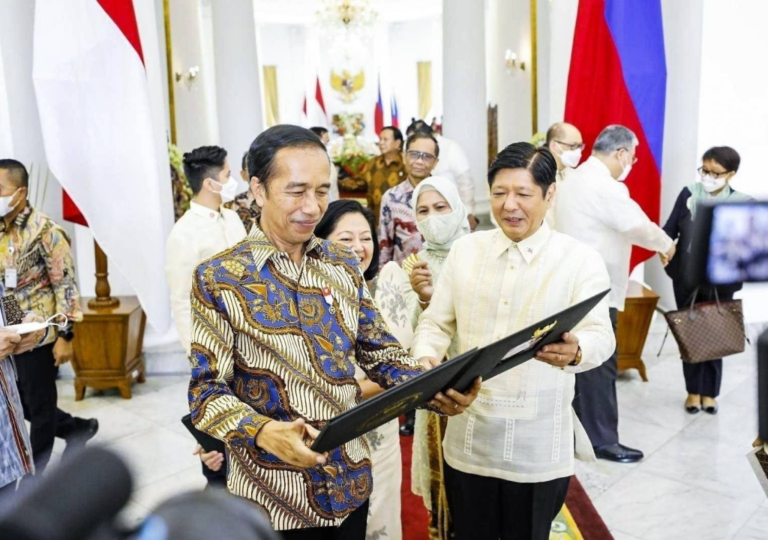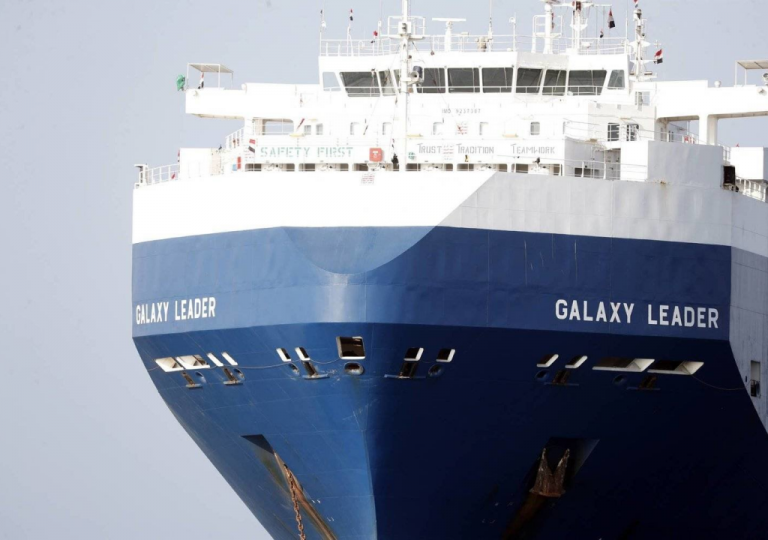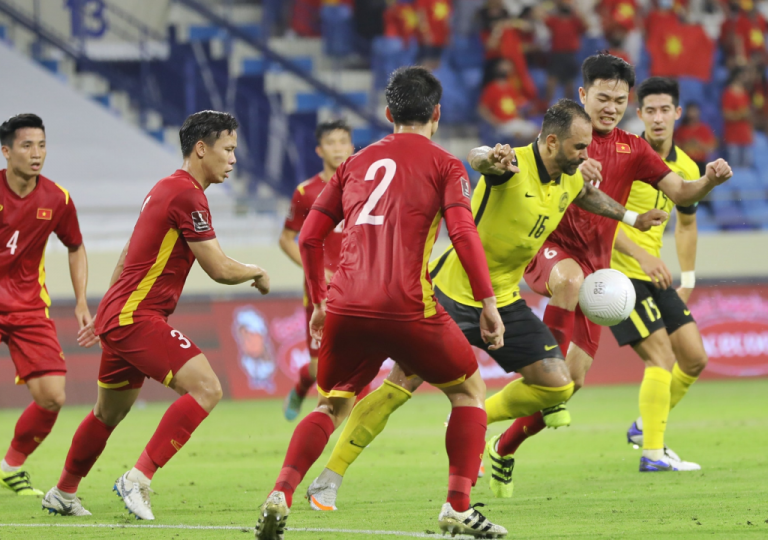Bridging Economies: Malaysia-Singapore Improves Economic Co-Operation
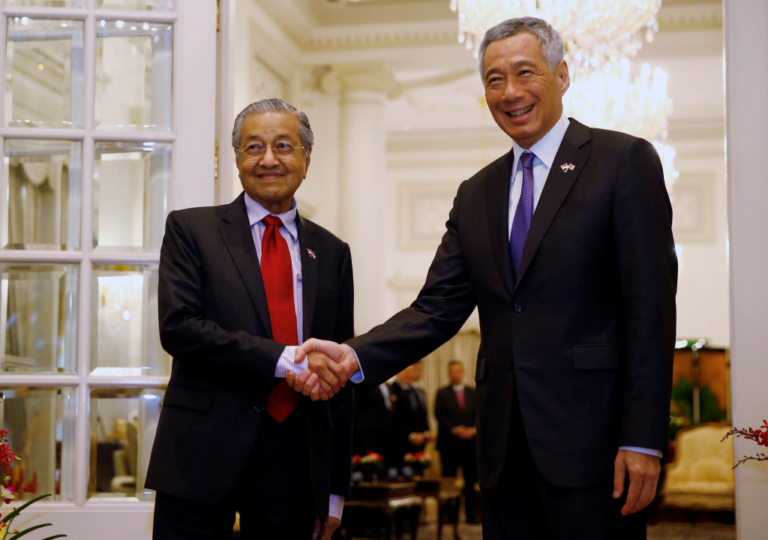
Malaysia and Singapore collaborate on a Johor-Singapore Special Economic Zone (JS-SEZ) to boost cross-border trade, investment, and people's movement. The initiative includes passport-free passage and renewable energy cooperation, aiming to create a business-friendly environment. The completion of a new light rail transit system connecting Johor Bahru and Singapore is also underway, expected to ease traffic on the Johor-Singapore Causeway.

